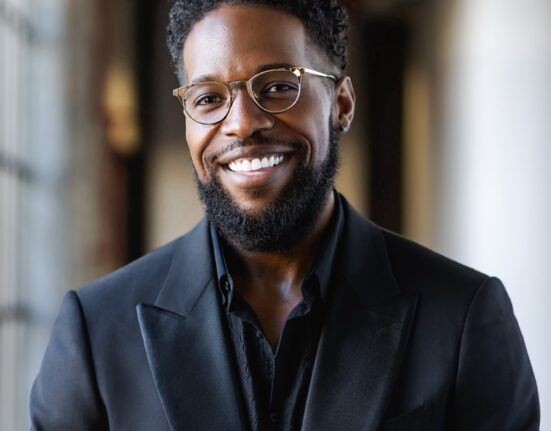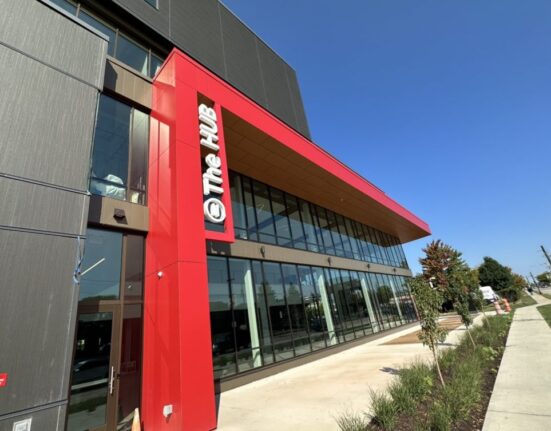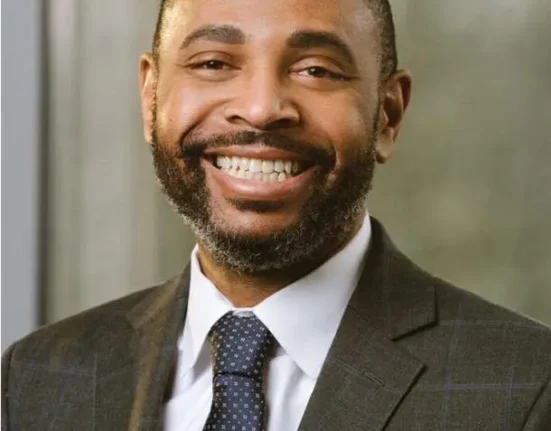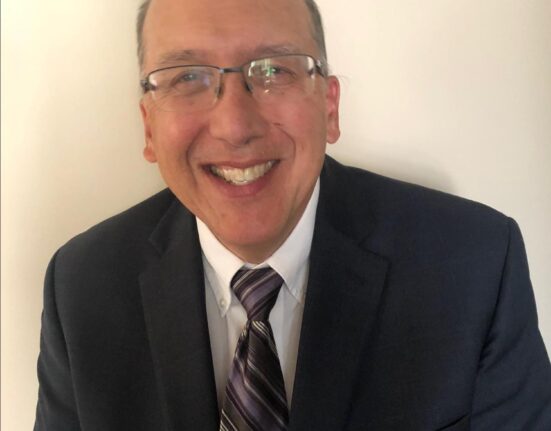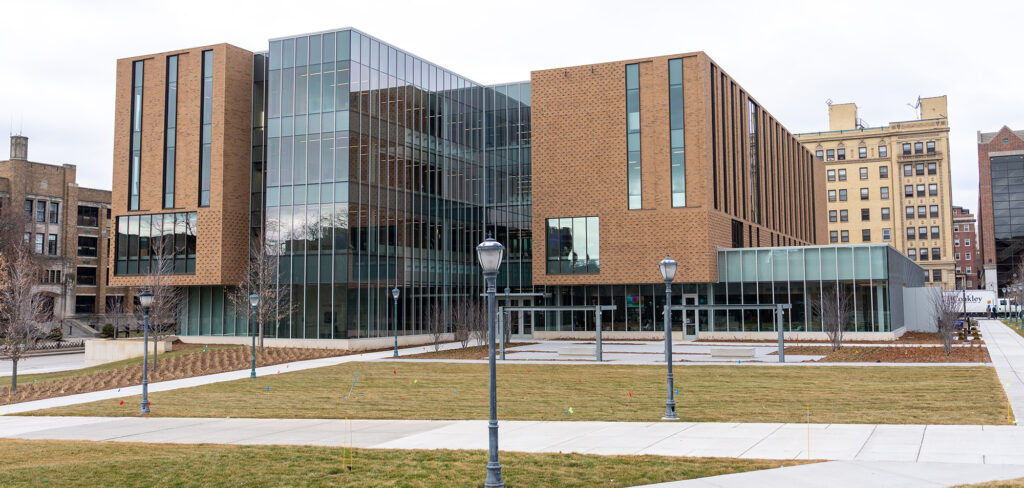
Marquette University’s College of Business Administration is launching a new Certified Professional Banking Program with a vision to further professionalize the banking industry and grow the pipeline of bankers, the university announced in a press release Monday.
Beginning with a pilot, the new program is expected to begin in late 2024 and will offer a common body of knowledge to all bankers, including curriculum that emphasizes accounting, finance, economics and evolving technology.
“We are excited to create a Certified Professional Banker Program rooted in the university’s socially responsible consciousness,” Director Dr. Kent Belasco said in a statement. “This is our stake in the ground. We believe a Marquette Certified Banker will be a catalyst to elevate the industry and bolster perceptions about the virtue of banking.”
The new certification program expands on the College of Business Administration’s foundational Commercial Banking Program. The certification program will culminate with an exam to establish a common standard of professionalism in the field, taking a similar approach to how Chartered Financial Analyst and Certified Public Accountant programs are completed.
“This is a significant step forward for Marquette Business as we continue to drive signature programs that embody academic excellence and extend into the community,” Tim Hanley, acting Keyes Dean of the College of Business Administration said in a statement.
Experiential learning plays an essential role in the current undergraduate program, as students evaluate and analyze actual small business loans, presenting them to a committee of bankers. The loans, which come from partnerships with many banks and Community Development Financial Institutions, aim to create growth, jobs and improved communities. Belasco said he plans to build off these partnerships to help drive the direction of the certification program, filling the needs and aspirations of banking leaders.
“We have worked to develop a curriculum with a conscience that builds on our belief that modern banking has been and will continue to stimulate societal good,” Belasco said in a statement. “I’ve never seen the demand from the banking industry for talent like it is now compared to at any point in my career. We see opportunities to create synergies between our undergraduate foundation and the connection to banking professionals across the world.”

